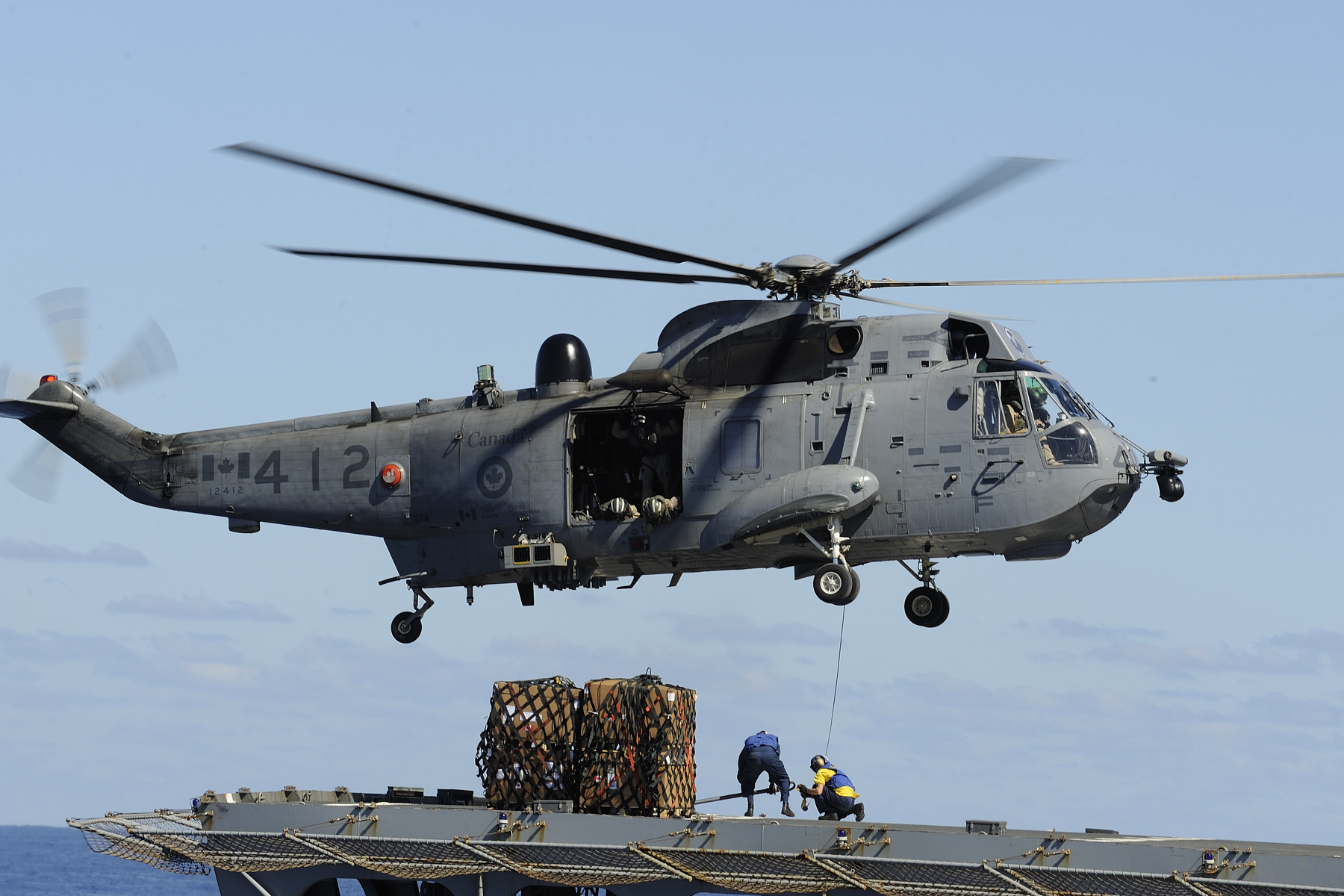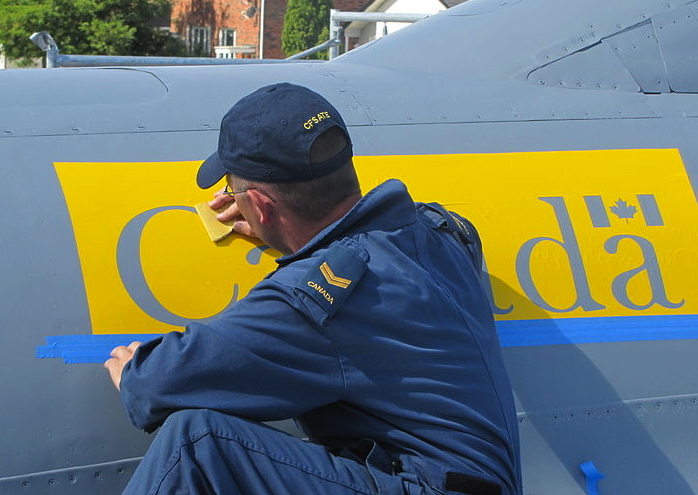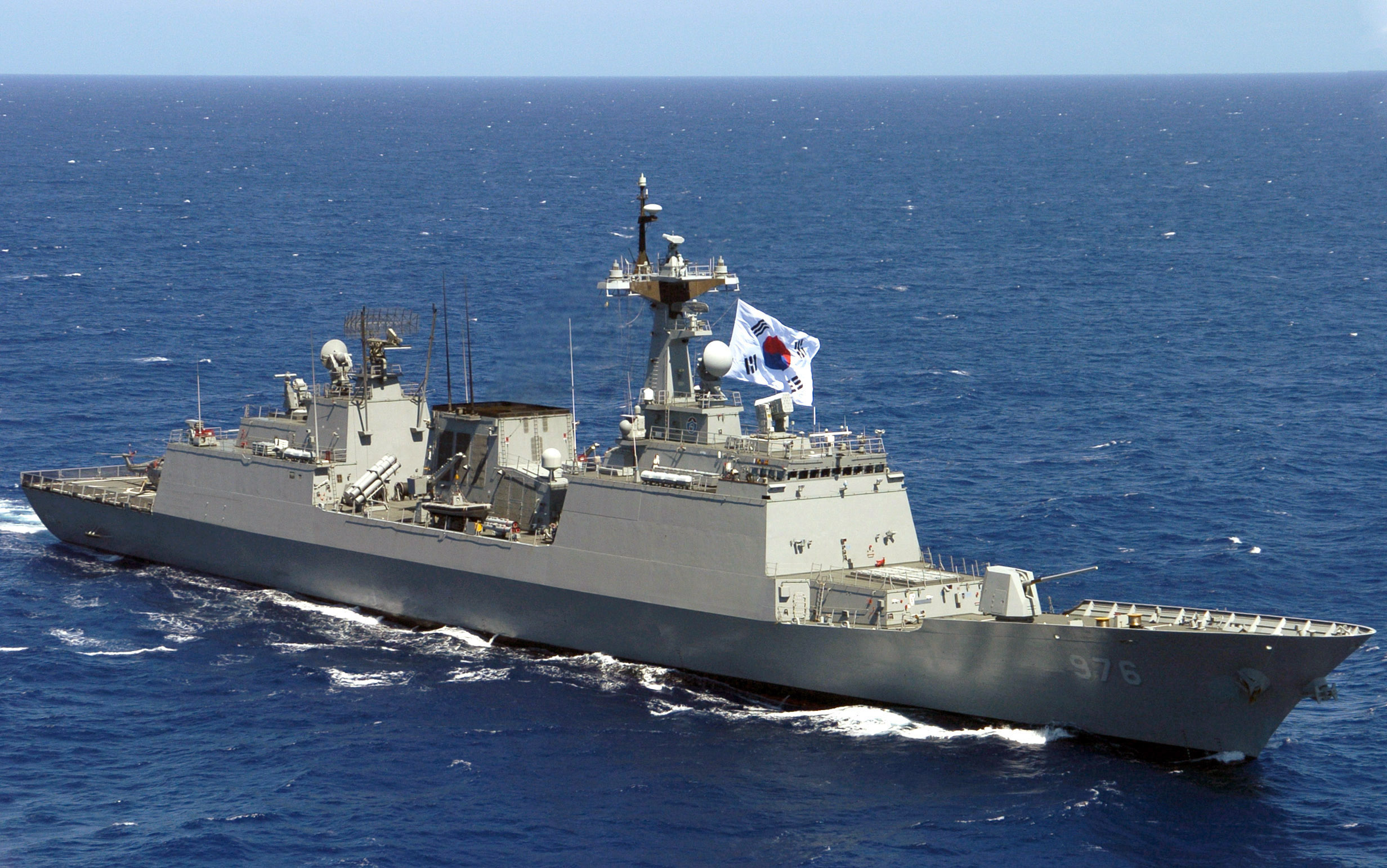The replacement of Canada’s Sea King helicopters stands as a cautionary tale of the damage political interference and bureaucratic mismanagement can have on the procurement process. The saga started over two decades ago and continues to cause trouble today.
The Sikorsky CH-124 Sea King and its proposed successor, the Sikorsky CH-148 Cyclone, fill a diverse range of important roles. Designed for shipboard use, the Sea King was originally used for anti-submarine operations, but has supported Canada’s military in countless ways, from search-and-rescue to counter-terrorism operations.
The Department of National Defence first announced it would purchase the Sea Kings in November 1962 and the Canadian Forces accepted the first helicopter from a Sikorsky manufacturing facility the following May. From 1963 to 1969, the Federal Government purchased 41 Sea Kings. In the over 50 years since they first entered active service, at least 14 helicopters have been involved in accidents, including several fatal crashes. At one point in July 2013, the entire remaining fleet was grounded for four days after an incident at Canadian Forces Base Shearwater.
The Federal Government’s efforts to replace the Sea Kings are widely regarded as a failure. In 2012, then Defence Minister Peter MacKay stated that “this is the worst procurement in the history of Canada, including the $500-million cancellation costs that are attached to the Maritime helicopter program and then the costs of further maintenance to fly 50-year-old helicopters.” Minister MacKay went on to boldly state that the Sea Kings are “going to go right out of aviation service and into the museum in Ottawa”.
According to CBC News, “In 1992, the Conservative government under Brian Mulroney signed a contract worth $4.8 billion to buy 50 EH-101 helicopters from the Anglo-Italian consortium European Helicopter Industries Ltd.” However, a major scandal erupted when the subsequent Chretien Liberal government scrapped the deal, leading to hundreds of millions in cancellation fees. It took almost another decade for Liberal Prime Minister Paul Martin to announce a deal to purchase the Sikorsky CH-148 Cyclone. Even that decision was highly problematic and has remained a challenge for Prime Minister Stephen Harper’s Conservative Government since coming to power in 2006. Auditor General Sheila Fraser’s 2010 Report was harshly critical of the Sikorsky Cyclone acquisition process, particularly of the production delays and growing costs (both to purchase the Cyclones and continue maintaining the Sea Kings). In recent years, Sikorsky has been also been fined tens of millions of dollars because of project delays and cost overruns.
In June of this year, there have been several new developments regarding the purchase of Sikorsky Cyclones. On June 18, the Federal Government announced that it had finalized an amended contract with United Technologies (Sikorsky’s parent company) to continue with $5.7 billion dollar program and the purchase of 28 helicopters. Yet, on June 23rd, new concerns were raised about the suitability of the Cyclones. According to CBC News, the Federal Government removed a formerly mandatory requirement that the helicopters have “a 30-minute run-dry standard for its main gear box.” This feature was crucial for enabling a helicopter to “continue flying for 30 minutes even if there’s no oil in the main gear box — a critical feature for helicopters flying hundreds of kilometres out to sea.” In the view of some critics, the requirement was removed in order to finalize the Federal Government’s re-negotiated deal with Sikorsky.
The ongoing efforts to replace Canada’s aging Sea Kings continue to deserve careful scrutiny. The enormous cost overruns and damaging controversies are part of a cautionary tale that should not be forgotten. For better or worse, major defence procurement projects reverberate for decades. If done right, defence procurement can provide a tremendous benefit to Canada’s defence policy. But when done wrong, procurement projects can cause enormous problems that are immensely difficult to solve. The whole decades-long search to replace Canada’s Sea Kings underscores the importance of decision-making based on objective, balanced analysis and protected from political interference.




